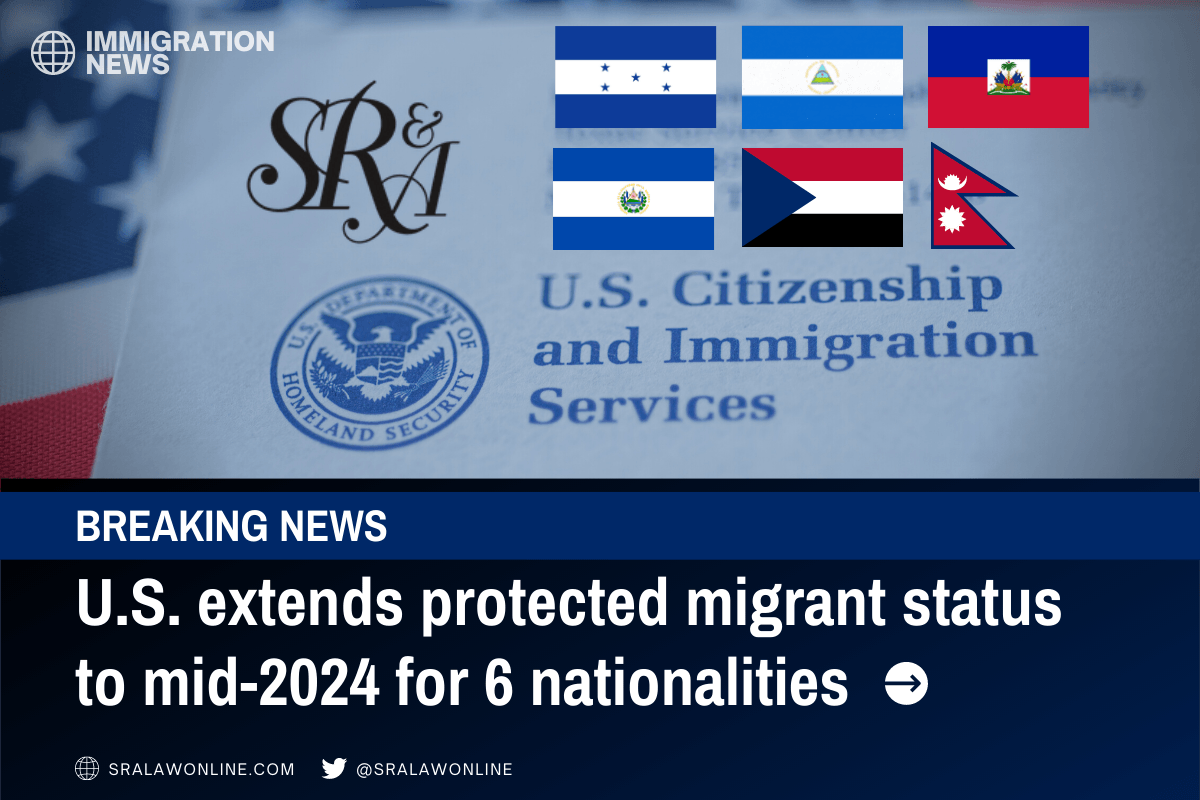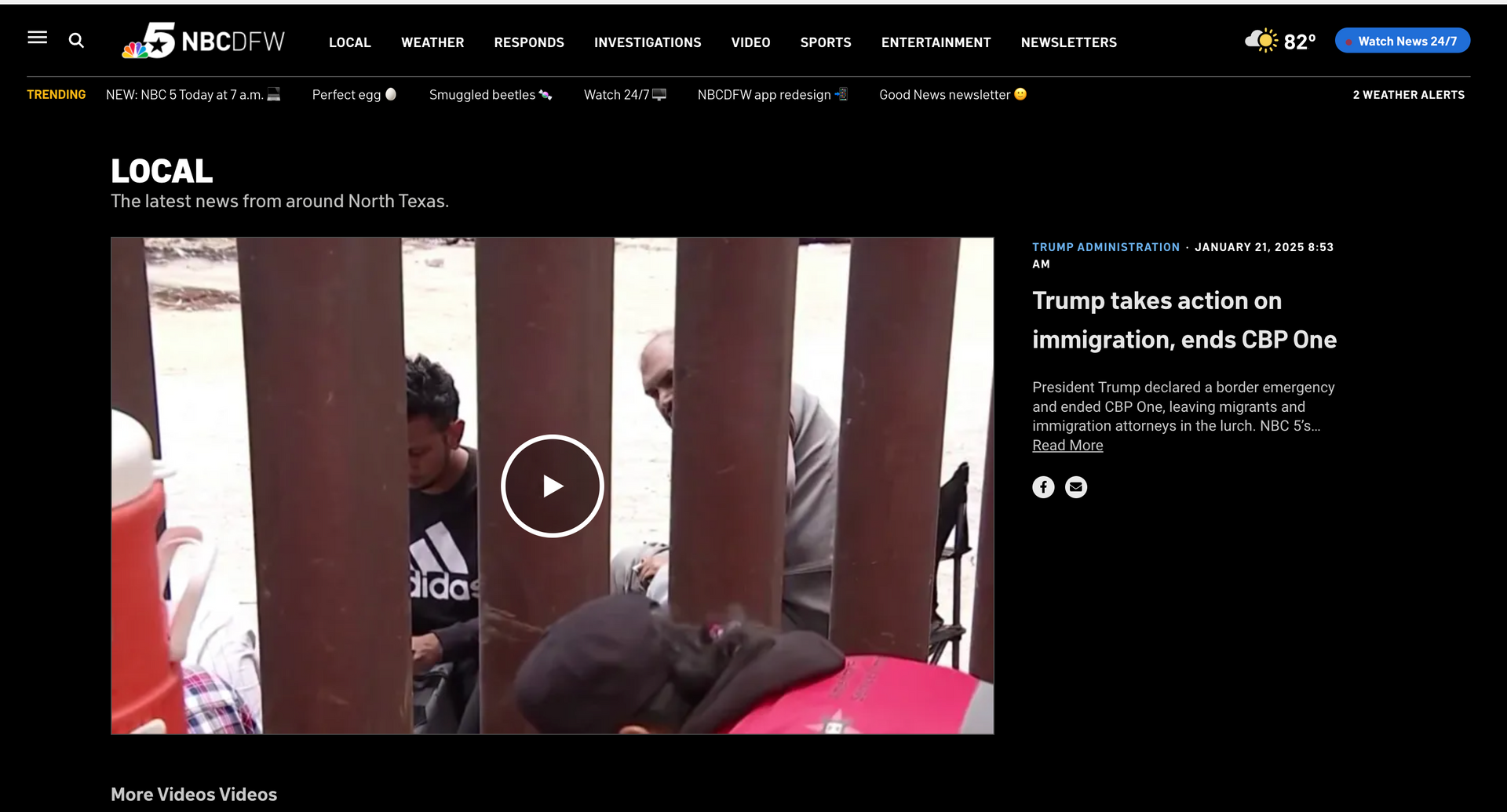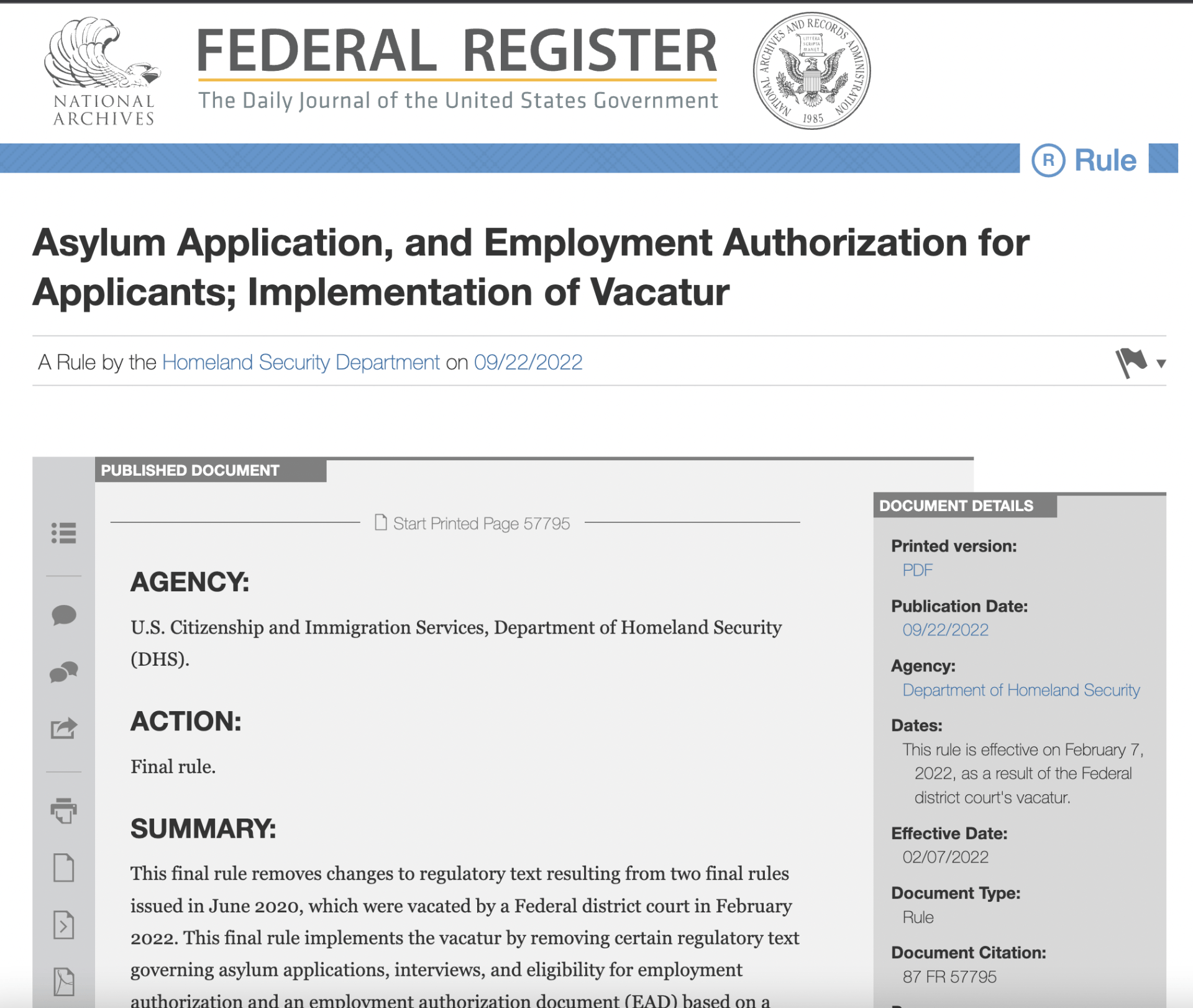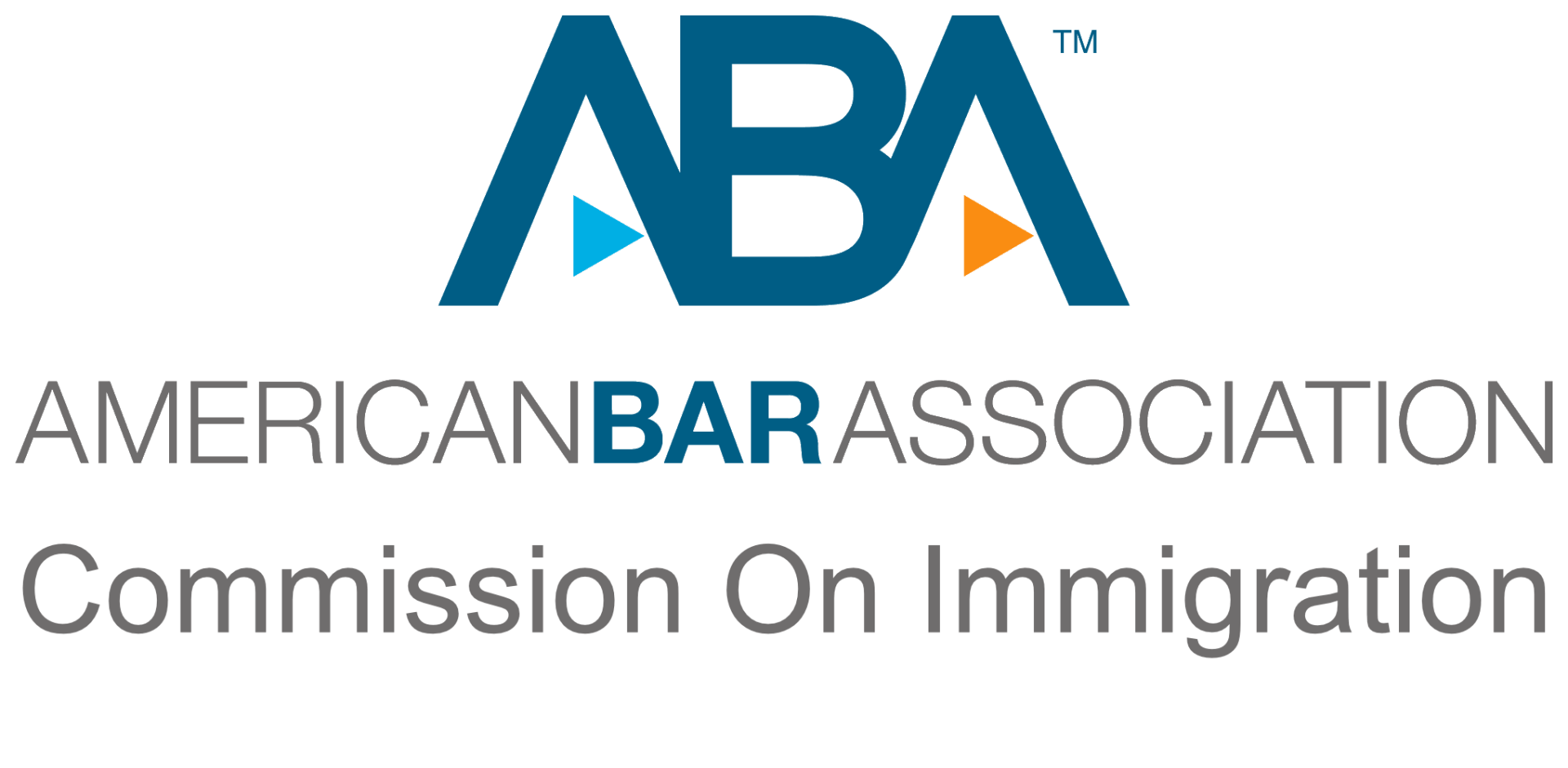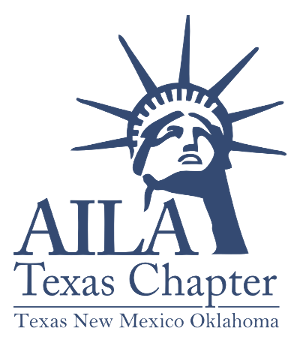
Pathway to Citizenship in Build Back Better Reconciliation: House Judiciary Committee Legislative Text Fact Sheet
HAPPENING TODAY
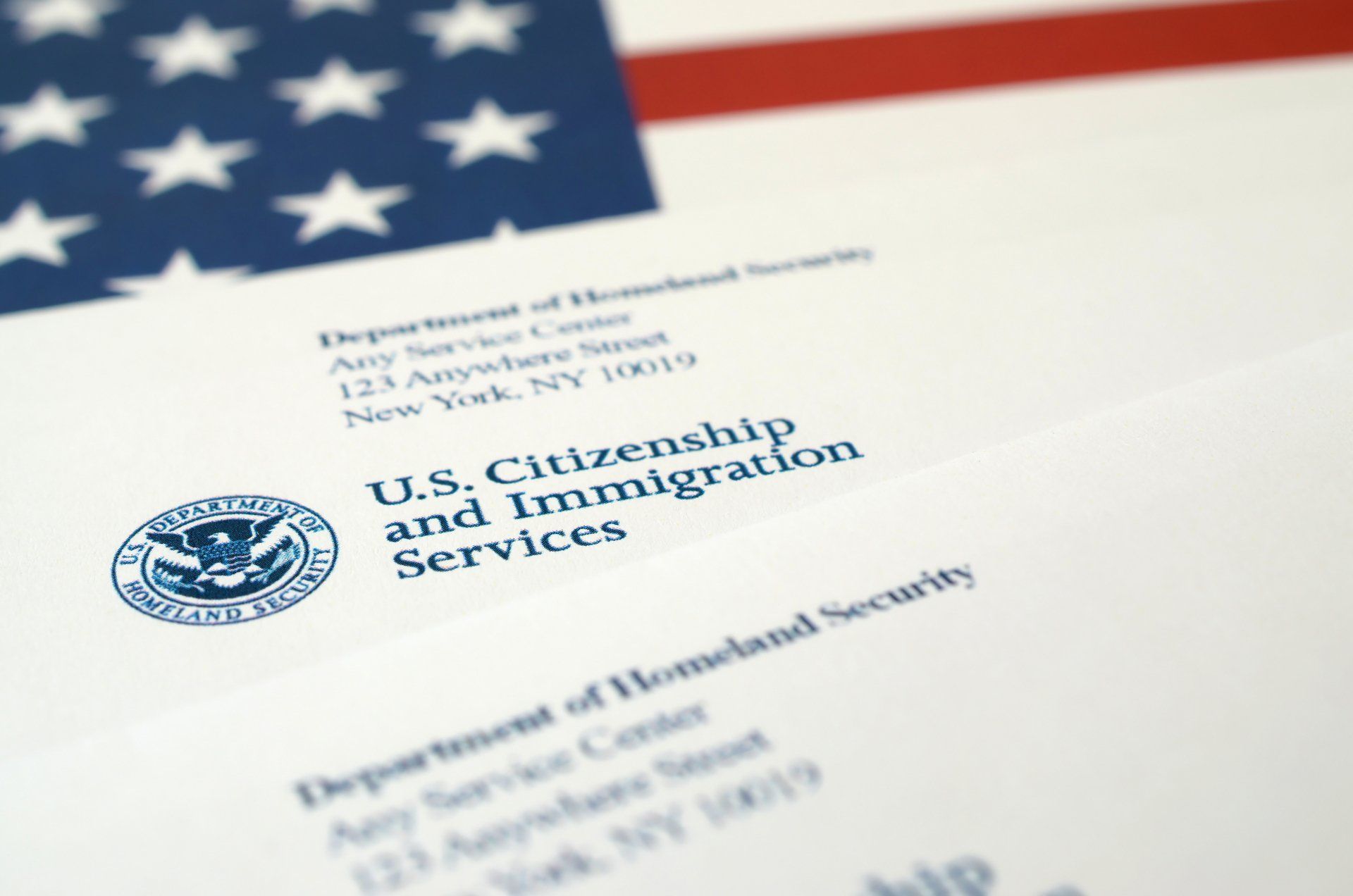
WATCH NOW:
The House Judiciary Committee will be marking up their legislative proposal for the $107.5 billion instruction included in reconciliation for a pathway to citizenship for Dreamers, TPS holders and essential workers on Monday, September 13th. After markup, this legislative text will be combined with the overall Build Back Better reconciliation bill and will be voted on the House floor then sent to the Senate for additional consideration and potentially additional amendments to the immigration provisions.
The legislation includes three major parts: (1) pathway to citizenship for Dreamers, TPS, DED holders, farm workers and other essential workers; (2) recapture of unused green cards for family and employment- based visas and Diversity Visa and (3) funding for USCIS. Additionally, there are provisions that expedite the processing of green card applications and that increase various immigration benefit fees. Finally, the bill provides funding for DOJ community intervention programs.
Provides a Pathway to Citizenship for Dreamers, TPS, DED holders, Farmworkers and other Essential Workers. The immigration provisions in the reconciliation bill being marked up in the House Judiciary Committee would allow approximately 8 million people to qualify for green cards, 7 million of those undocumented individuals, DACA recipients, and TPS holders, and the remaining 1 million individuals currently have nonimmigrant status. The fee to apply for a green card in these categories is $1,500.00
Dreamers
- Physical presence in the U.S. on January 1, 2021;
- 18 years old or younger on the initial date of entry into the U.S.; and either:
- Has a record of honorable service in the Uniformed Services of the U.S.,
- Has attained a degree from a higher education institution or a postsecondary credential from an area career and technical education school, or has completed at least two years of a program,
- Can demonstrate consistent earned income over the 3 years before application, or
- Is enrolled in a higher education institution of a postsecondary program and is currently employed or participating in an internship, apprenticeship or similar program.
- Children enrolled in school (pre-school or K-12) will have a stay of removal until they can qualify for adjustment of status under the bill.
Temporary Protected Status (TPS) and Deferred Enforced Departure (DED) Holders
- Continuous physical presence in the U.S. for at least 3 years;
- Had TPS or was eligible for TPS on January 1, 2017; DED as January 20, 2021
- Has not engaged in conduct that would make an individual ineligible for TPS or DED.
Farm Workers and other Essential Workers
- Continuous physical presence in the U.S. since January 1, 2021; and
- A consistent record of earned income in an occupation described in the Aug 10, 2021 DHS memo titled ‘Advisory Memorandum on Identification of Essential Critical Infrastructure Workers During COVID–19 Response, during the period beginning on January 31, 2020, and ending on August 24, 2021.
- Essential workers that fit under the DHS definition are those who perform a range of operations and services the government deems essential to continued critical infrastructure operations, such as staffing, maintaining, and repairing operations and supply chains. It includes healthcare workers, first responders, farm workers, culinary workers, domestic workers, home care workers, janitors, food processors and deliverers, and others that are specifically delineated in the DHS memo.
Ineligibility Criteria
- The ineligibility bars and waivers in this legislative text mirror those in the bipartisan Senate Dream Act, S.264.
- If an individual has committed certain crimes, were a security risk, or were inadmissible or removable on certain other grounds.
Recapture of Unused Green Cards, Restoring the Availability of Immigrant Visas
Recapturing unused visas
- Recaptures the visas lost due to technical slow processing or other issues going back to 1992, restoring around 500,00 unused visas as Congress previously intended this system to work.
- This will help alleviate existing family and employment visa backlogs, the majority of the recaptured visas will go to family-based visas.
Diversity Visa
- Offer diversity visas to people who were selected in the diversity visa lottery but denied visas due to Muslim, Africa and Immigrant travel bans and COVID-19 related disruption.
- Diversity Visa applicants who were selected but unable to claim visa due to the Muslim Ban will have the ability to reapply
Investment in U.S. Citizenship and Immigration Services
Includes $2.8 billion to increase capacity at USCIS to support the adjudication of applications and reduce processing backlogs.
